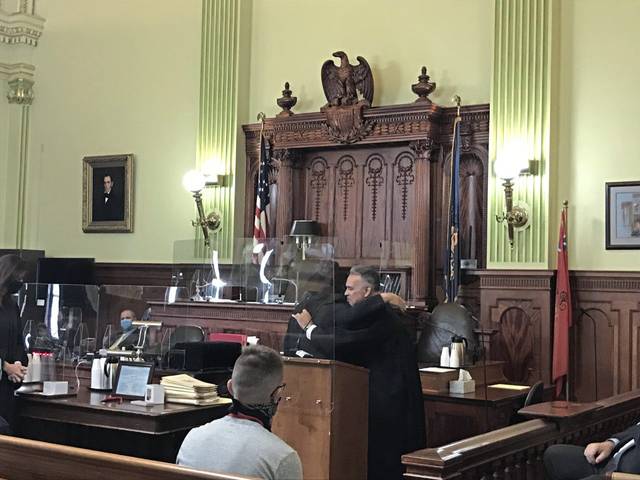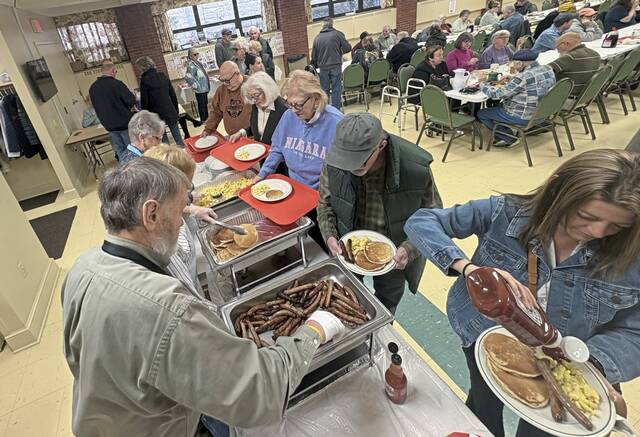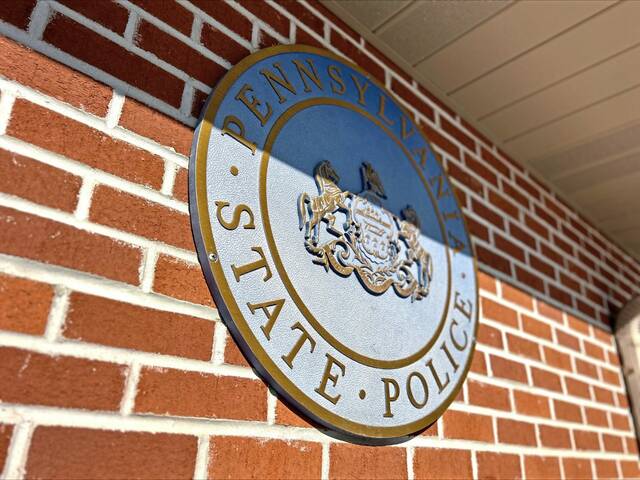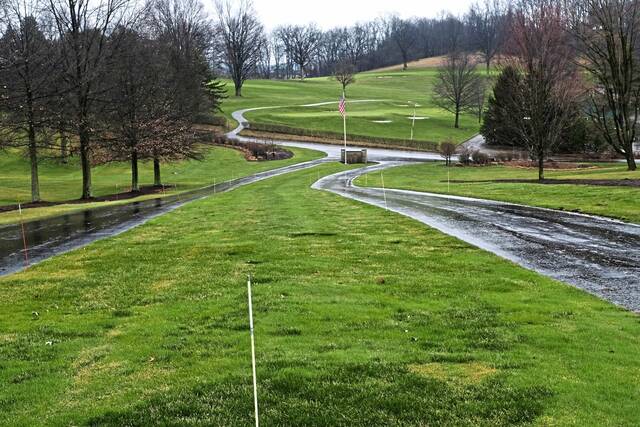Westmoreland County’s drug court became the 33rd accredited special court in Pennsylvania, a designation officials said could enable the six-year-old program to secure additional grant funding for future years.
William Shifko, the county’s drug court coordinator, said since the program was launched in September 2015, 51 participants have graduated. One more is set to join them during an April 28 ceremony at the Westmoreland County Courthouse. It will be the first graduation ceremony for the program since last summer and will include other participants who completed drug court since July.
“It’s a big deal because it’s based on evidence-based accomplishments,” Shifko said of the state accreditation.
There are 63 special courts dedicated to defendants in drug and drunk driving cases operating in Pennsylvania.
To qualify for the three-year accreditation, the drug court program was required to meet 10 national standards for providing oversight of rehabilitation and treatment programs, monitoring and interactions with participants in a non-adversarial format.
Westmoreland County operates drug court largely with $390,000 in grant funds, Shifko said.
Officials said the accreditation from the Pennsylvania Supreme Court has been a long time in coming and could help the program secure additional grants. The program most recently received grants to pay for drug testing and transportation for participants.
Shifko said the program is expected to apply for future grants to help for housing assistance for participants.
“These are the people who need it the most. They are starting from ground zero,” Shifko said.
Westmoreland’s drug court has a cap of 60 participants who are supervised by judges Megan Bilik-DeFazio and Christopher Feliciani. There are 20 vacancies, a situation caused by the ongoing coronavirus pandemic that slowed admissions over the last year. Shifko said he expects the program to reach capacity in the coming months.
According to a statement released by Bilik-DeFazio, the accreditation process has long been a goal for the county program.
“We are constantly working to improve and enhance the program. This statewide acknowledgement demonstrates that the Westmoreland County drug treatment court follows best practices in order to achieve the best possible outcomes.”
The two-year program requires that participants meet with judges, probation staff and complete treatment and counseling in exchange for reduced or alternative jail sentences. Since the program’s launch, in addition to the graduates, 56 people failed to complete the program or were discharged. Eight were terminated after being charged with new criminal offenses, Shifko said.
Drug court has continued to operate during the pandemic. At times during the last year, participants met remotely with judges and staff. In-person courtroom sessions resumed in March.
President Judge Rita Hathaway said drug court was considered a priority during the pandemic.
“All of the judges and staff worked tirelessly to prevent a backlog of cases. Our drug treatment court quickly adjusted the program to best meet the needs of participants,” Hathaway said








